Chinese foundries get bad news from the Netherlands

Lithography machines are an important tool in chip making since they are used to etch circuitry patterns on the silicon wafers that end up sliced and diced to become chips. Because these chips can contain billions of transistors, these patterns must be thinner than human hair. Only one company makes the lithography machines used by foundries and that is Dutch firm ASML.
The most powerful machines are the second-gen extreme ultraviolet lithography machines known as High-NA EUV. Intel recently became the first foundry to set up these $400 million machines. With its improved resolution, the most cutting-edge circuitry designs can be printed on more than 185 wafers per hour increasing to 220 next year. The Netherlands is blocking Chinese foundries, including leader SMIC, from obtaining Hi-NA EUV and EUV machines (which are needed to produce 5nm or more advanced chips).
Dutch foreign trade and development minister Reinette Klever announced earlier this month that ASML must obtain a license to ship their older 1970i and 1980i immersion DUV (Deep Ultraviolet) Lithography machines to Chinese-based foundries. Previously, a license wasn't required for shipping these machines to China. DUV Lithography can help foundries manufacture chips using a process node as "small" as 7nm. And licenses are now required to have these older machines serviced by ASML.
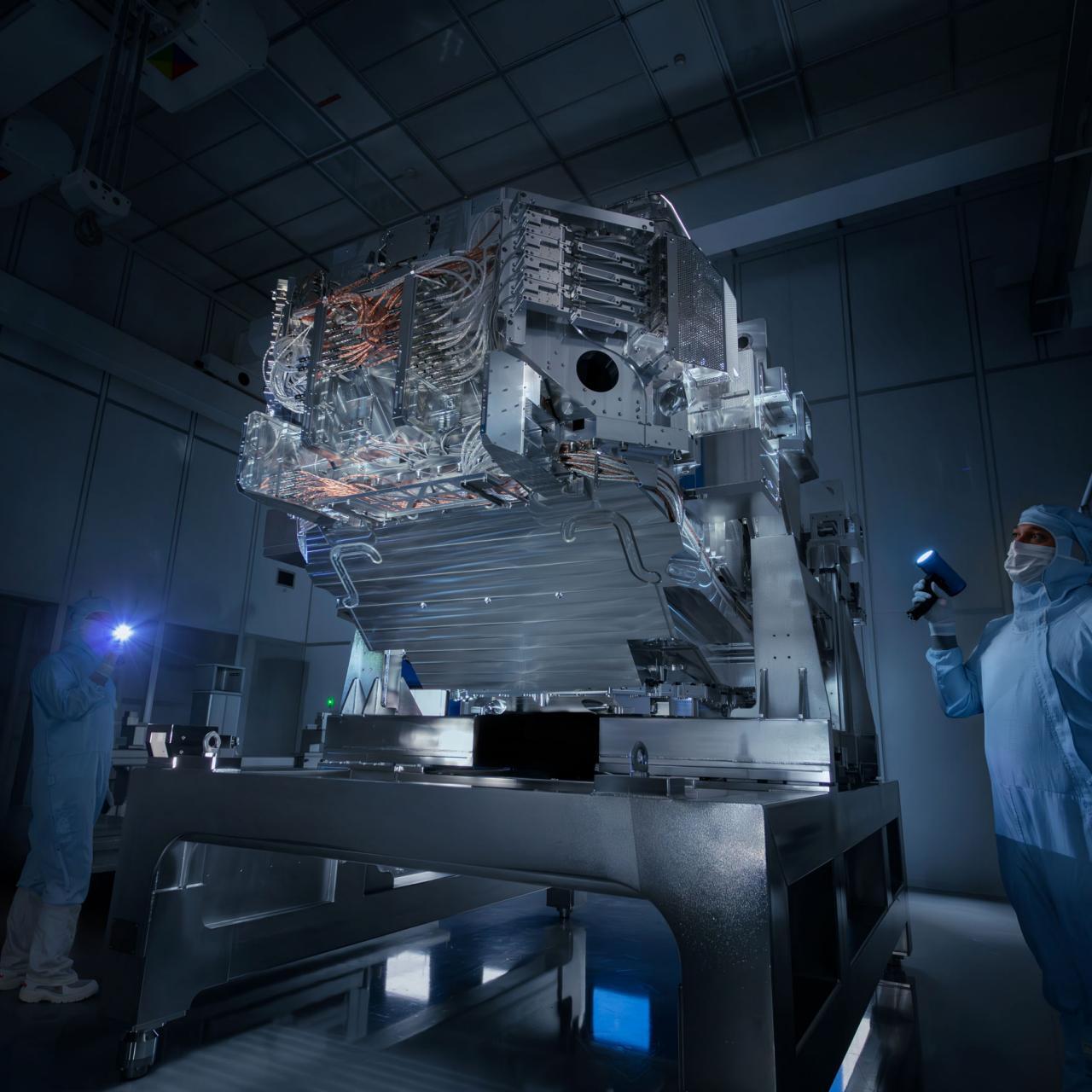
ASML is not allowed to ship High-NA EUV machines to Chinese foundries. | Image credit-ASML
The smaller the process node, the smaller the feature set for a chip which means the chip will use smaller transistors. Using smaller transistors results in a chip can fit more transistors inside it making the component more powerful and energy-efficient. SMIC has been able to produce 7nm chips for Huawei and while EUV lithography is required to build 5nm and even more advanced chips, there has been talk about SMIC being able to build sub-7nm chips using DUV.
Eventually, the bans preventing foundries in China from obtaining EUV lithography gear might not matter. Shanghai Micro Electronics Equipment has filed a patent to produce parts for an EUV machine and if the company receives the patent, it might be able to help companies like SMIC obtain their own EUV machines that aren't subject to U.S. restrictions. Paul Van Gerven, an editor at Dutch tech magazine Bits&Chips, says, "Should the Dutch start pushing back, the U.S. will most likely introduce additional restrictions of its own."
Follow us on Google News



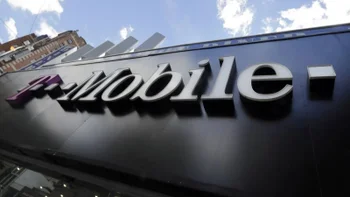

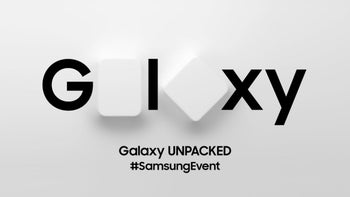
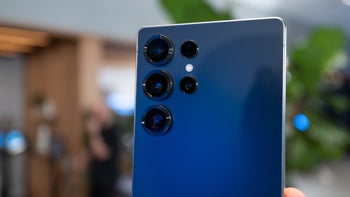
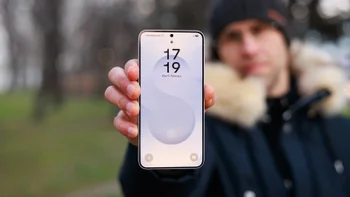
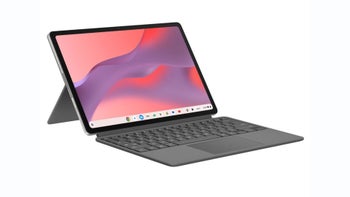

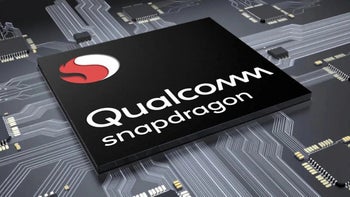
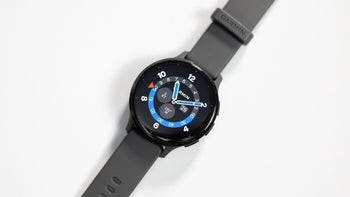
Things that are NOT allowed:
To help keep our community safe and free from spam, we apply temporary limits to newly created accounts: